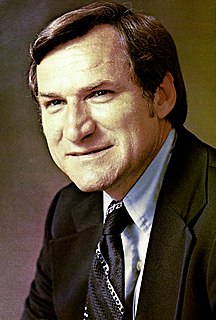A Quote by Daya
I had maybe 200 followers when I started. A bunch of radio stations were like, 'Uhhhhhh, my daughter has more followers than her'.
Related Quotes
Not many of us will be leaders; and even those who are leaders must also be followers much of the time. This is the crucial role. Followers judge leaders. Only if the leaders pass that test do they have any impact. The potential followers, if their judgment is poor, have judged themselves. If the leader takes his or her followers to the goal, to great achievements, it is because the followers were capable of that kind of response.
I started getting Twitter followers after I started doing press for 'Fargo.' One of my best friends from college is a librarian, and she started tracking after each interview how many Twitter followers I got. She and her librarian friends were like, 'We're going to make a graph.' And I was like, 'Alright, nerds.'
Often, in a given project team or network, one sees leadership roles shifting among various members at various times. Attempts to fit these into traditional views of "leader" and "follower" don't quite work. It's more like Twitter: the "leader" has "followers" - but the "followers" are empowered to alter the relationship unilaterally, and the "leader" must continually earn the consent of the "followers."
I had a moment where I had reached 200,000 followers. At the time, a lot of people would get to that number on YouTube, and they'd stop growing. I was really scared because I didn't want that to happen to me, so when I reached 200,000 subscribers, I was like, 'Eva, you have to do this. You have to work hard and push past this number.'
Somebody with a billion followers can tweet, 'See my movie,' and it can still tank. Followers don't always translate into success because I think people are too savvy. When something takes off, it's because people are connecting to it - not because someone with a lot of followers says to care about it.
More than anything else today, followers believe they are part of a system, a process that lacks heart. If there is one thing a leader can do to connect with followers at a human, or better still a spiritual level, it is to become engaged with them fully, to share experiences and emotions, and to set aside the processes of leadership we have learned by rote.




































